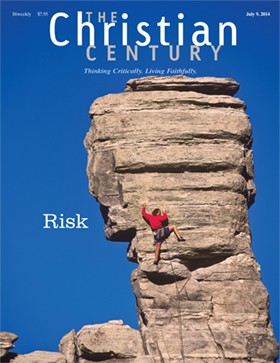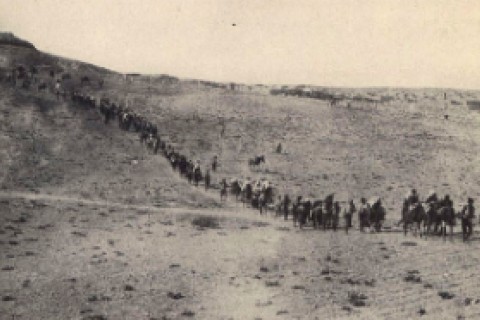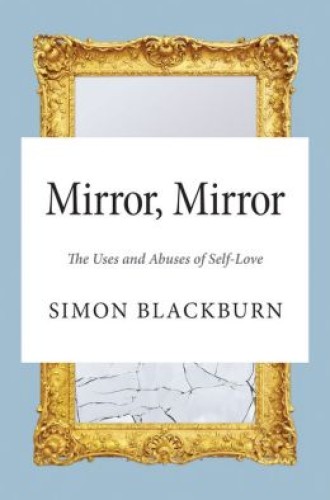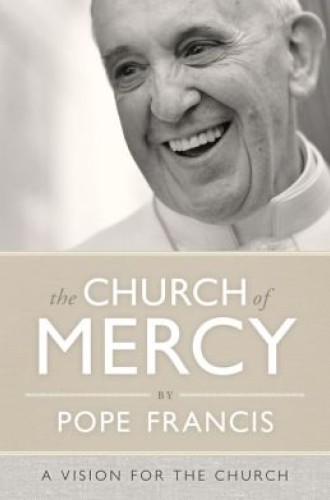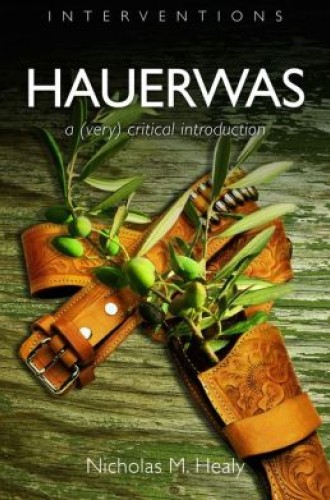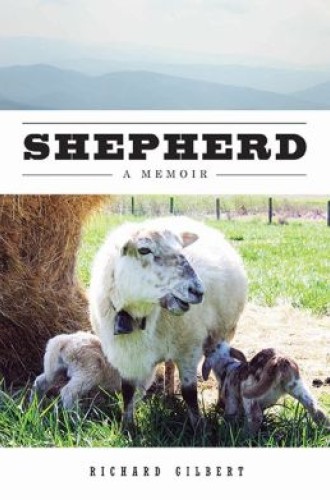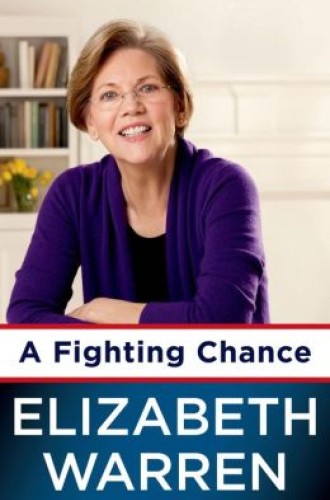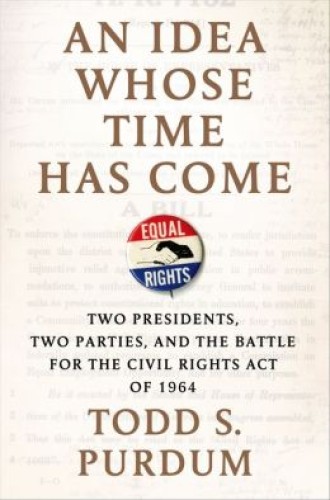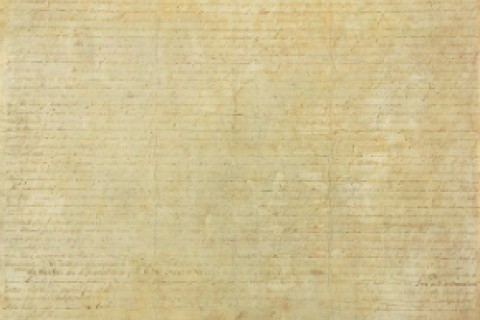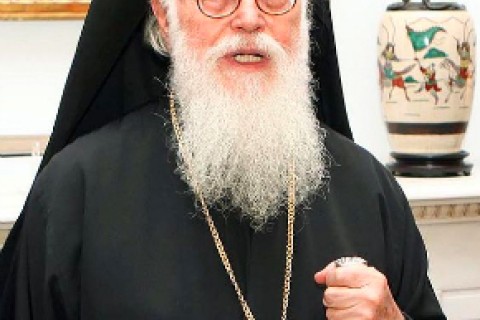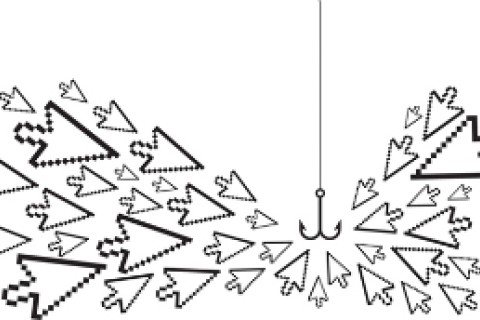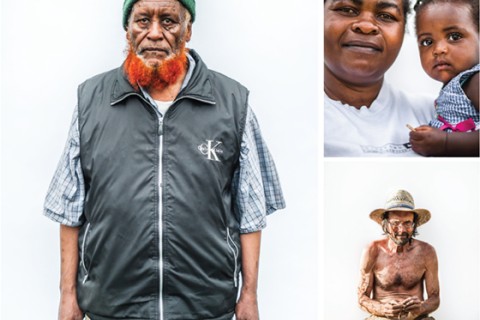Features
Glory days? The myth of the mainline
Wrestling with God: Poet and editor Kimberly Johnson
Risk: Essays by readers
Good news verbatim: Why we need clinical evangelistic education
Never forget, never tell: An Armenian Americans dilemma of memory
Books
Mirror, Mirror, by Simon Blackburn
In Simon Blackburn's inquiry into how to get our love of self into balance, self-esteem and shame appear alongside traits such as integrity and sincerity.
Pope on the bus?
Pope Francis and Simone Campbell's recent books have much in common. Yet the standoff between U.S. sisters and the Vatican continues.
Hauerwas, by Nicholas M. Healy
Nicholas Healy's central methodological criticism of Stanley Hauerwas is that he "is concerned with the logic of coming to believe and the logic of Christian living rather more than the logic of belief."
Shepherd: A Memoir, by Richard Gilbert
A Fighting Chance, by Elizabeth Warren
An Idea Whose Time Has Come, by Todd S. Purdum
Todd Purdum's work of journalistic history on the Civil Rights Act of 1964 is ultimately a story about politicians doing the right thing.


